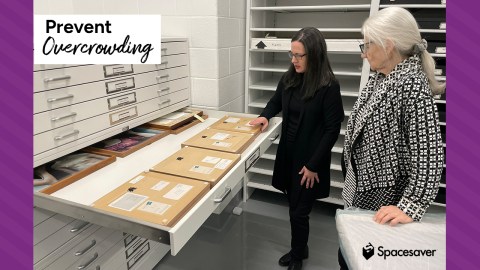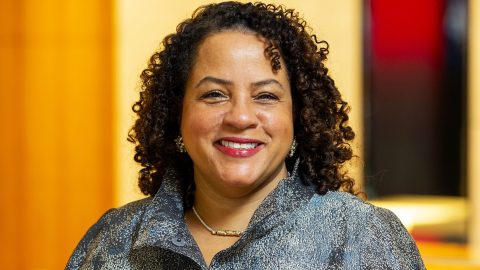In the final chapter of CFM’s TrendsWatch 2017, I argue that museums need to recognize that failure is a necessary part of a successful design process. As a sector, we need to become comfortable with positive failure—but it can be hard to take what seem to be financial and reputational risks in quest of better outcomes. So I’m tremendously pleased to share an announcement from Knight Foundation, which has just launched an open call for prototyping projects that test ways of using technology to connect people to the arts. This action gives positive feedback to nonprofits willing to “fail forward,” as well as providing funding and training to support that approach.
The call is being issued through the Knight Prototype Fund, which helps people quickly develop and test early-stage ideas. It will make $1 million available to galleries, museums, performing arts centers, theaters and arts organizations of all genres, with awards of up to $50,000. In addition to the financial award, the program will provide training in innovation methods and opportunities to learn from others in the funding cohort. I talked to Chris Barr, Director of Arts at the Knight Foundation, to learn more about the open call.
CB: Our prototype fund removes some risk for people to experiment, and gives some very basic training wheels to help organizations work in this way. Organizations can test whether this idea they have in mind is something desirable by using iterative cycles of development and roughing things in front of audiences and users.
EM: Is this a new area of focus for Knight?
CB: We’ve had a prototype fund for 5 years now, focusing on journalism and libraries, but this is our first time focusing on cultural institutions.
EM: What do you think is the power of this approach?
CB: We think there are some tremendously effective principles that cultural organizations can learn from the tech sector: creating a minimally viable project; working in a lean, agile, way; failing fast and “failing forward.” Look at the power of Ideo’s 3 maxims: feasibility, desirability, viability. The answer to “is it feasible?” is almost always “yes,” given sufficient resources. But do people want what you intend to design? That’s harder to answer. We love it when we get feedback from grantees along the lines of “we found out that the thing we wanted to make, nobody would have used it! So instead we are going to do this.” That’s the kind of thing that happens through the processes of prototyping and the design thinking. There is a lot to be learned from the act of making, especially in the early stages of a project. Then, how do you make it sustainable? It’s not just about creating value, but also figuring out how to capture value. We’ve seen a lot of success around the component of desirability, through human-centered design training.
EM: What is the biggest barrier to getting organizations to adopt this approach?
CB: It requires a bit of a cultural shift within cultural organizations. So much of what we do is to develop things behind the scenes that we share with the public after all the polish is done. With technology, there is never a final product; there is a version 1, 1.2, etc. We want to share this “show our work as we go” orientation with organizations not used to working that way. We are trying to import some aspects of culture from the technology sector into the cultural realm, make space for people to feel free to experiment and come to different conclusions than they started from. In that sense, this is not a typical grant program.
EM: What kind of projects are is Knight hoping to fund?
CB: We are often looking for projects that are not just practical, but also have a good question behind them that needs answering. The question could be about the technology, or about engagement. We are not asking applicants to define exact outcomes—we hope they will propose to test a hypothesis. If we just end up where we expected we were going, I would wonder if that was really success.
For more information:
Knight Foundation staff will offer “office hours” from 1 to 2 p.m. EST Feb. 21, to answer questions about the new program. You can join the discussion via this link or connect via telephone (no video) at 1 (888) 240 2560, Meeting ID: 885 685 111. More information, including the application, is available at prototypefund.org.








